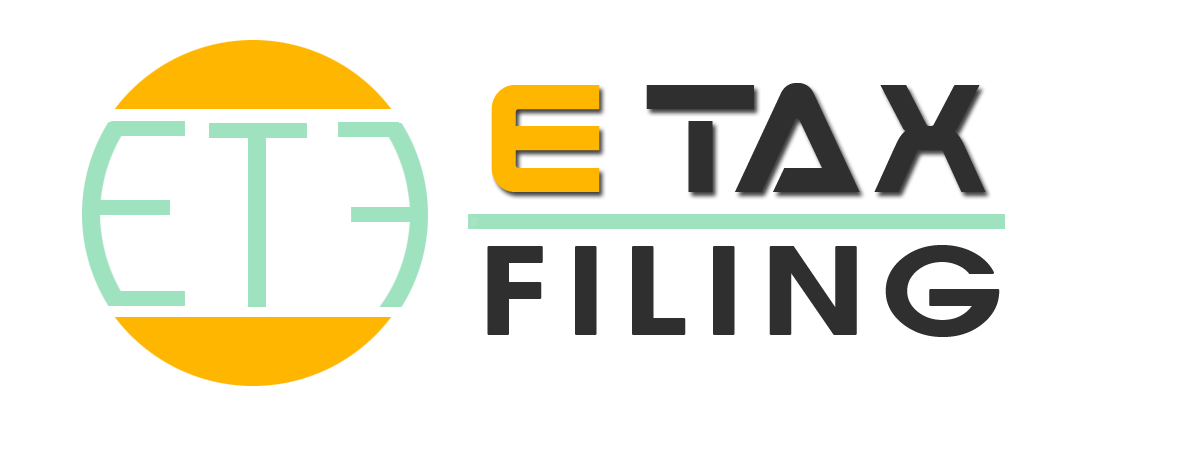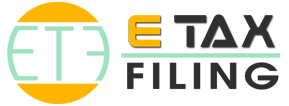Master Your Self-Assessment Tax with Ease
Paying self-assessment tax doesn’t have to be stressful. Whether you’re self-employed, a freelancer, or earning untaxed income, understanding the process can save you time, reduce anxiety, and keep you financially healthy. With the right approach, filing your self-assessment tax becomes straightforward and manageable.
Let’s break it all down, step-by-step.
What Is Self-Assessment Tax?
Self-assessment is the system HMRC uses to collect Income Tax from individuals whose income isn’t taxed at source. Unlike PAYE employees, you must calculate, report, and pay your own tax.
You’ll need to complete a self-assessment tax return if you:
-
Earn over £1,000 from self-employment.
-
Receive rental income.
-
Earn income from dividends, savings, or foreign sources.
-
Are a company director or partner in a business.
-
Need to pay the High Income Child Benefit Charge.
-
Have significant capital gains or wish to claim tax reliefs.
Example: If you earn £1,500 from part-time consulting alongside a PAYE job, you still need to file a return for that untaxed income.
Key Self-Assessment Deadlines
Meeting deadlines is non-negotiable. Missing them means fines and interest charges.
-
5 October: Register for self-assessment if you’ve started earning untaxed income.
-
31 October: Deadline for paper returns.
-
31 January: Deadline for online returns and tax payments.
-
31 July: Second payment on account deadline (if applicable).
Plan early. Mark your calendar and set reminders.
Organise Your Records First
Strong financial records are your foundation. They reduce errors and help you claim the right expenses.
Gather:
-
Invoices and receipts.
-
Bank statements.
-
Expense records.
-
Details of any pensions, donations, or tax reliefs.
Consider using accounting software or spreadsheets to keep everything neat. Organised records save hours when filing.
Calculating Your Tax Liability
Here’s how to work out what you owe:
-
Add Up All Income: Include self-employment earnings, rental income, dividends, and any other sources.
-
Deduct Allowable Expenses: Claim business costs, such as:
-
Office supplies
-
Internet and phone
-
Travel for work
-
Part of your home bills (if working from home)
-
-
Apply Tax Bands: For 2024/25 (England):
-
20% on income up to £50,270
-
40% on income between £50,271 and £125,140
-
45% over £125,140
-
Use HMRC’s tax calculator if unsure. Accuracy is key.
Filing Your Tax Return: A Simple Process
Follow these steps for a hassle-free experience:
-
Register with HMRC by 5 October. You’ll receive your Unique Taxpayer Reference (UTR).
-
Log in to HMRC Online Services and access the self-assessment section.
-
Enter Your Income & Expenses: Double-check figures before submission.
-
Submit Before Deadline: Avoid the £100 late filing penalty.
Keep a copy of your return and payment confirmation for your recor
Payment Options: Choose What Works Best
HMRC offers several ways to pay:
-
Online: Use debit/credit card or bank transfer.
-
Direct Debit: Set this up through your online HMRC account.
-
By Post: Send a cheque with your UTR on the back. Avoid delays by posting early.
If you’re struggling to pay in full, contact HMRC early to arrange a payment plan.
Common Deductions and Allowable Expenses
Maximising deductions reduces your tax bill. Common claims include:
-
Business Costs: Software, marketing, subscriptions.
-
Home Office: A percentage of rent, energy bills, and internet.
-
Travel: Mileage, public transport for work purposes.
-
Professional Fees: Accountant or tax adviser costs.
Always keep receipts and log your expenses consistently.
Avoiding Common Mistakes
Many taxpayers fall into traps that cost money and time. Here’s what to watch for:
-
Missed Deadlines: Set digital alerts weeks in advance.
-
Incorrect Figures: Cross-check income totals and expenses.
-
Forgetting to Register: Failing to register means you can’t file—and you’ll get fined.
-
No Record-Keeping: Keep everything for at least 5 years after the 31 January deadline.
If unsure, speak to a tax professional before submitting.
Example: Freelancer Tax Return Journey
Meet Sarah, a freelance graphic designer earning £35,000 a year. She also rents out a flat earning £7,000 annually. Sarah:
-
Registers with HMRC by 5 October.
-
Logs £42,000 total income.
-
Deducts £6,000 in allowable business and property expenses.
-
Files online by 31 January.
-
Pays her tax bill through online banking.
She keeps all records, files on time, and avoids any fines—stress-free.
Final Thoughts: Own Your Tax Responsibilities
Filing self-assessment tax doesn’t have to be daunting. With the right prep, clear records, and awareness of key dates, you’ll avoid penalties and stay in control.
By learning the system and following a structured approach, you can:
-
Minimise tax liability.
-
Prevent filing mistakes.
-
Improve your overall financial health.
Don’t let tax season surprise you. Take action early and confidently.
If you would like further assistance with this or anything else, please get in touch, contact us for expert assistance.







